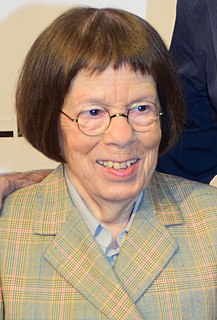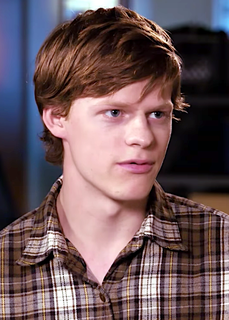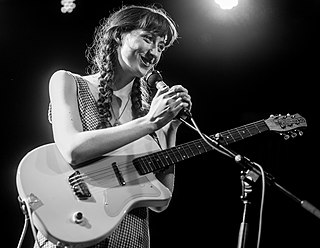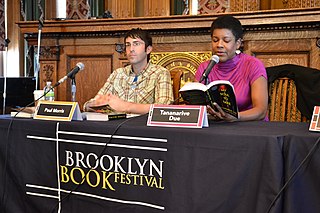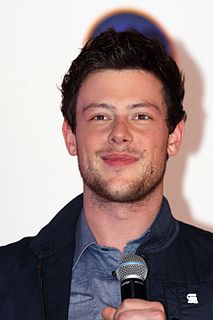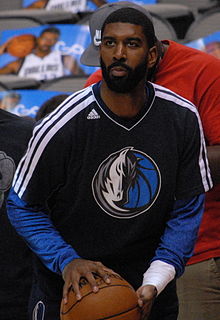A Quote by Wes Anderson
And I wanted to do a movie [Moonrise Kingdom] about a childhood romance - a very powerful experience of childhood romance. About what it's like to just be blindsided, when you're in fifth grade or sixth grade, by these kinds of feelings. Along the way, I sort of mixed in some interest in "young adult fantasy" writing.
Related Quotes
I almost flunked first grade and also the second, third, forth, and fifth; but my younger brother was in the grade behind me and he was a brain and nobody wanted to have me be in the same grade as him, so they kept passing me. I never learned how to spell, graduated from eighth grade counting on my fingers to do simple addition, and in general was not a resounding academic success.


